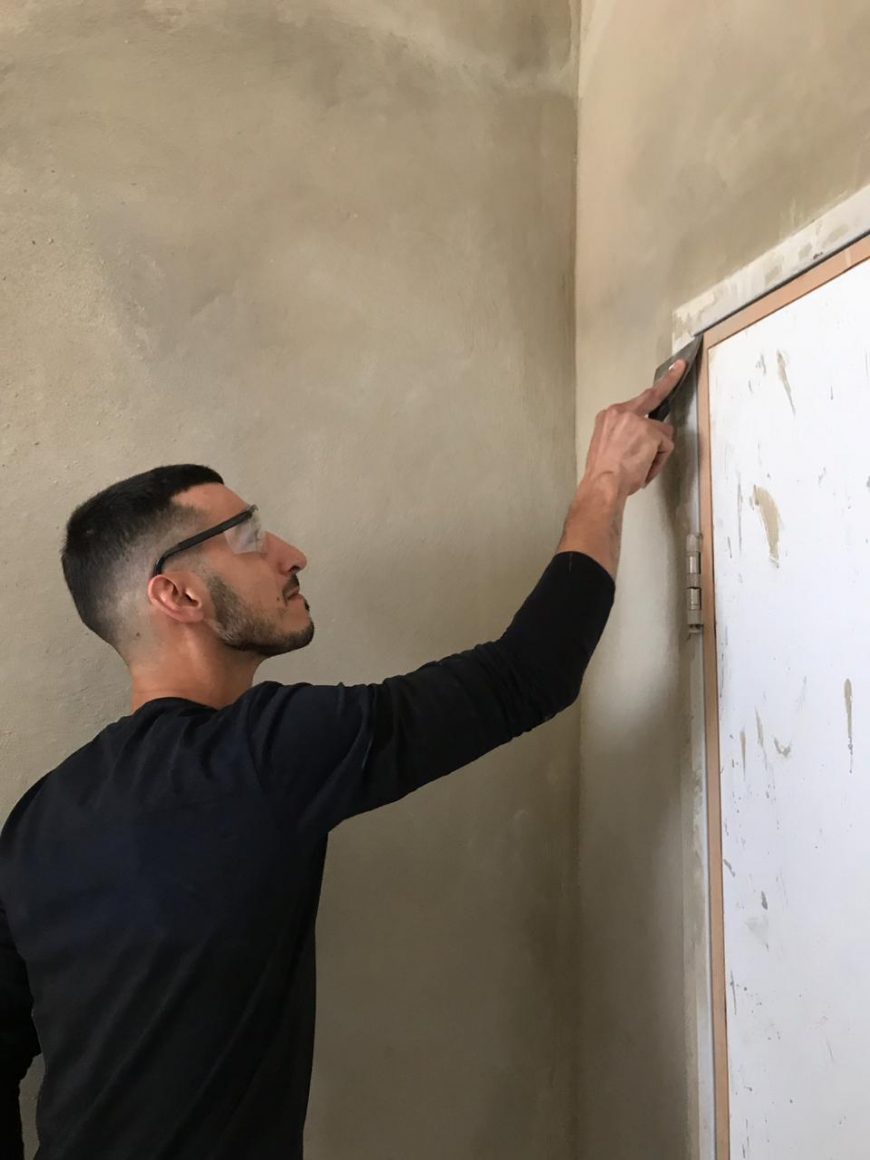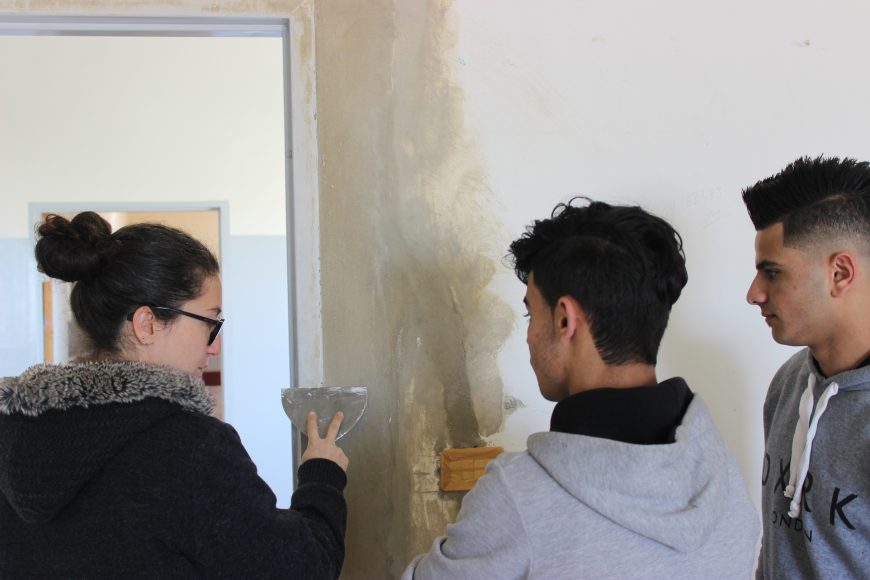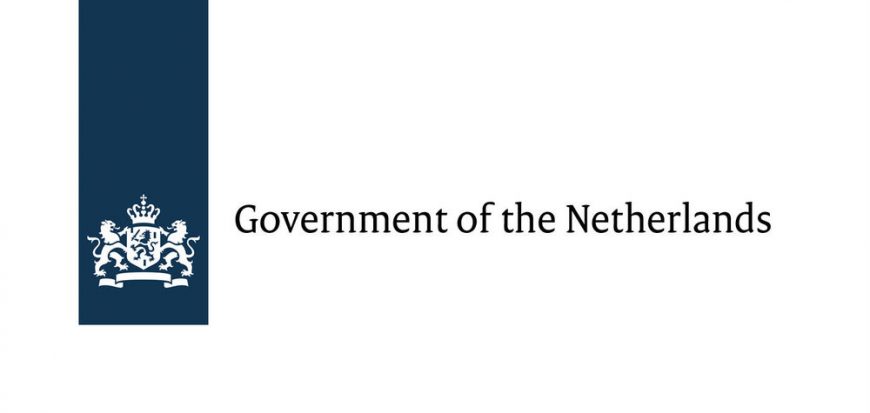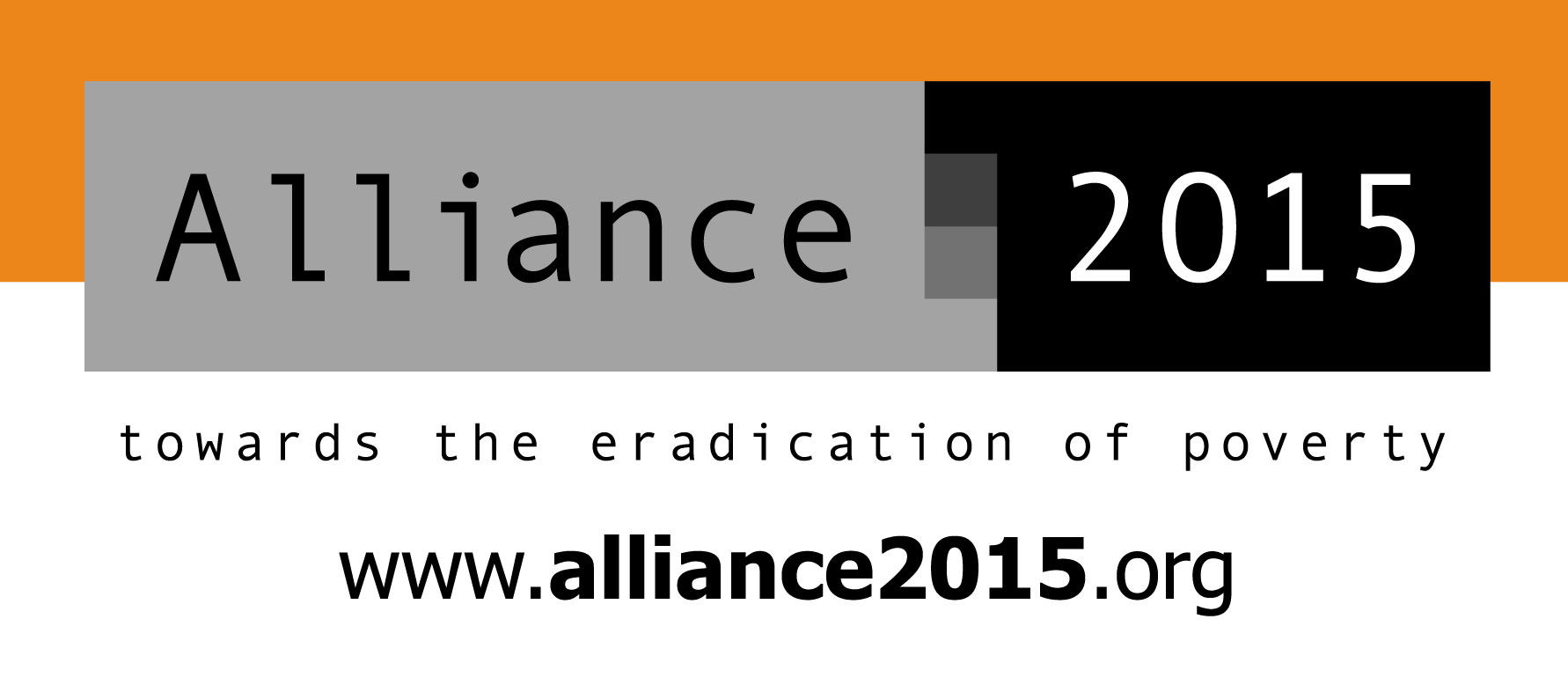Squeezed in side by side in increasingly overcrowded urban areas, the diverse residents of Lebanon, whether they be nationals, long-settled Palestinian refugees, or newcomers from Syria, all face similar challenges. Set against a background of poor maintenance to quaking infrastructures, overstretched service provision (such as health and education), and limited job opportunities amidst a fiercely competitive labour market, ACTED is working in the areas of Bourj El-Barajne (Beirut) and Qouuobbe towns (AkkarTripoli) to reduce unemployment rates within the most vulnerable communities.
In this article, ACTED follows the progression of Sanaa (33) from Bourj El-Barajne and Youssef (28) from Qouuobbe as they move from unemployment, into ACTED’s demand-driven vocational training courses, and then onwards into work.

Finding a place in the labour market in a time of crisis
Sanaa left her job over three years ago to care for her newborn child. Seeing this as a temporary situation, she never thought her career ‘time out’ would lead to her becoming a full-time parent confined to domestic duties over the long-term.
Quitting my job wasn’t an easy decision. Three years later, I started believing that I had become a person incapable of earning an income and making decisions
As weeks turned into months and months into years, Sanaa felt increasingly disconnected from the outside world. The household’s financial situation dwindled and Sanaa began to lose hope of re-integrating back into the job market. As her family’s struggle reached its nexus, Sanaa decided to enroll in ACTED’s Decorative Construction training at Bourj Barajne Social Development Center. Sanaa registered for the training, emphasizing how much she loves to involve herself in unconventional vocations that are unpopular among women.
I was the most committed participant and did not miss a single session. I was, constantly writing notes to help out colleagues. After feeling unmotivated, this workshop gave me energy and a new sense of purpose in my for life

Determination and passion as drivers for change
Prior to becoming involved in ACTED’s project, Youssef had been struggling for years to provide for himself and his family. His extended and unsuccessful job hunt was due both to Lebanon’s sluggish labour market, as well as his (self-acknowledged) lack of technical expertise and vocational skills.
Motivated by his concern for the future of his two young children, Youssef enrolled in the Decorative Construction training as soon as he heard about it. The first courses for both Youssef and Sanaa focused on interior renovation, thus allowing them, almost from the first day, to begin making improvements to their homes, especially the spaces meant for children.
The training was very successful and beneficial for all of us. We acquired valuable skills that we now know where and how to invest for the purpose of increasing our income levels. More importantly, I made precious lifelong friendships, from all nationalities
Building trust among communities in which competition is the norm
After graduating, Sanaa and Youssef are actively searching for work opportunities in the construction sector to start implementing renovation to the interior of houses, with close follow-up and help from ACTED’s job placement officer.
I am thankful and happy to have come across this workshop that equipped me with valuable technical skills and knowledge in a sector that not only interests me, but that is also met with high demand in the economy.
Both participants also found that workshops helped strengthen and tighten the bond between host and refugee community members, break down walls of discrimination and misconception, and ultimately foster positive relationships of friendship and mutual respect. The trainers’ efforts were also highlighted as primary determinants of the success of the workshops by both trainees. Today, both voluntarily play the role of passing on this opportunity to members of their respective communities, constantly encouraging other people who suffer from similar challenges to join training programs.
This capacity building program is implemented by ACTED as part of the Alliance2015 Lebanon Consortium with funding from the Addressing Root Causes Fund of the Ministry of Foreign Affairs of the Netherlands over a period of three years, from 2017 to 2020.

